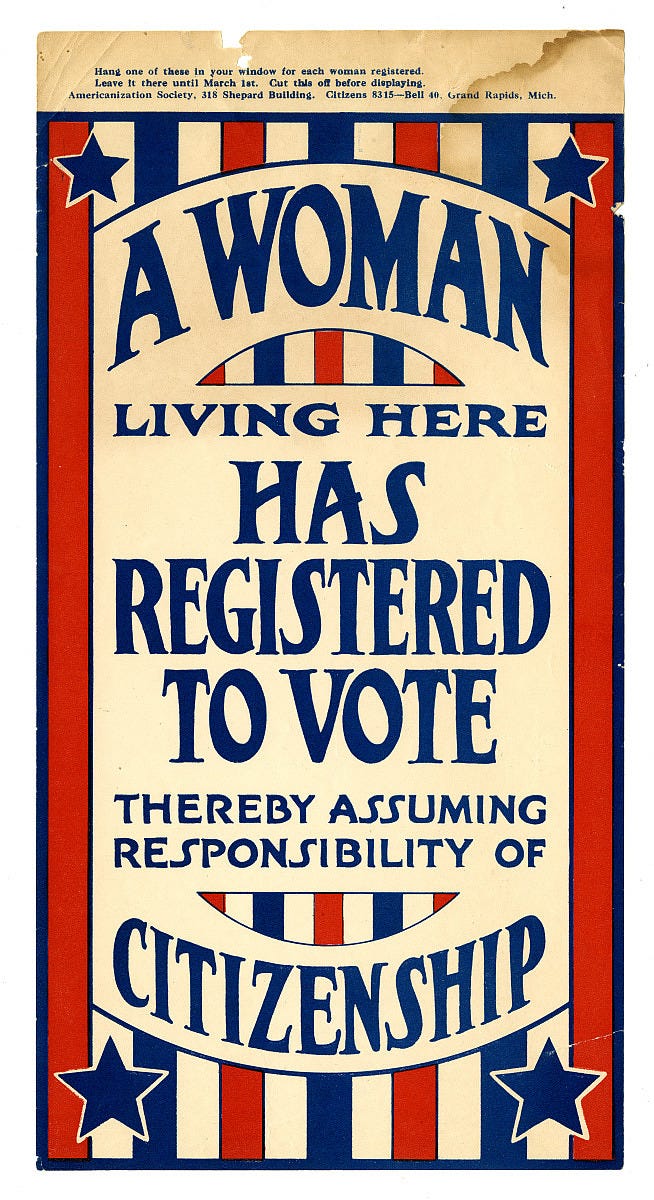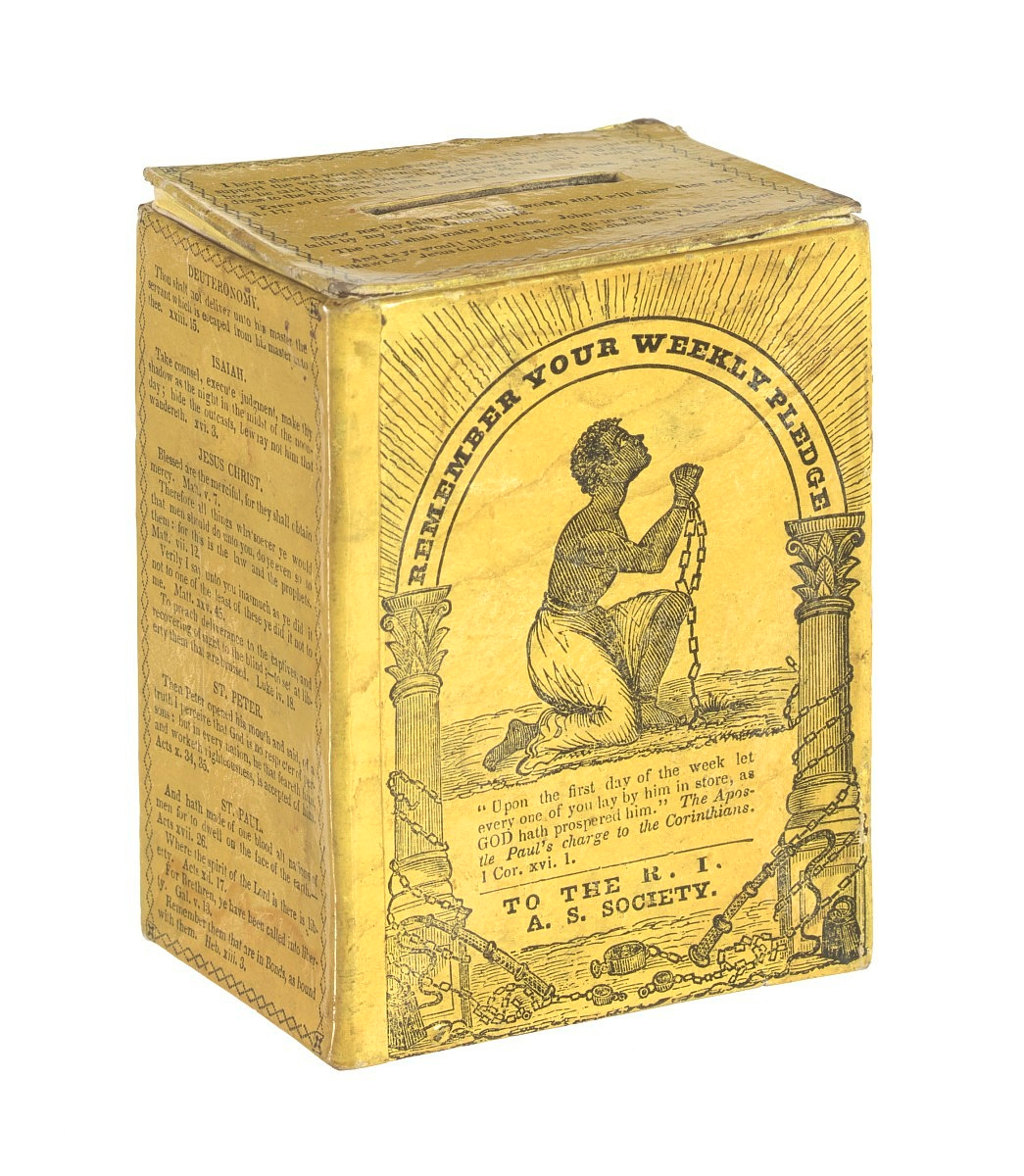
Four Things To Read
The first observations of octopus brain waves revealed how alien their minds truly are, by Troy Farah: “For this experiment, the researchers chose three big blue octopuses (octopus cyanea), which often appear a mottled brown, but have exceptional camouflage with the potential to quickly alter their color and skin texture. These tropical cephalopods are sometimes called ‘day octopuses’ because they hunt while the sun is out. Remarkably, octopuses are color blind. So how do they know to morph into a bluish magenta hue or transform into a chunk of coral shrapnel? They can sense the different directions light waves vibrate, a property known as polarization. Even their basic perception is radically different from ours.” A fascinating article about scientists’ attempt to connect octopus behavior to cephalopod brain wave activity they were able to measure.
A Jewish Case for Palestinian Refugee Return, by Peter Beinart: “The argument against refugee return begins with a series of myths about what happened in 1948, the year in which Britain relinquished its control over Mandatory Palestine, Israel was created, and the Nakba occurred. These myths allow Israeli and diaspora Jewish leaders to claim that Palestinians effectively expelled themselves.” I grew up with those myths; it was hard to unlearn them. Steeped in historical fact, this is a powerful essay that asks, without creating a false equivalence, “Why is dreaming of return laudable for Jews but pathological for Palestinians?”
Abortion Snitching Is Already Sending People to Jail, by Morgan Carmen: “Celeste’s friend and fellow high-schooler, Sumer (last name withheld for privacy), independently reached out to Madison County prosecutors to report that she was present when Celeste took the first of the two abortion pills. Sumer also told prosecutors that the Burgess family owned several computers the police eventually seized (one of which Jessica used to order the pills). Celeste’s purportedly private, self-managed abortion—conducted outside of the healthcare system—was suddenly public because a close friend betrayed her trust.” And it’s not just friends. Police in this case also relied on access they had to Facebook messages between Celeste and her mother. A very sobering article.
A New English Dialect Is Emerging in South Florida, Linguists Say, by Phillip M. Carter: “For example, we found people to use expressions such as ‘get down from the car’ instead of ‘get out of the car.’ This is based on the Spanish phrase ‘bajar del carro,’ which translates, for speakers outside of Miami, as ‘get out of the car.’ But ‘bajar’ means ‘to get down,’ so it makes sense that many Miamians think of ‘exiting’ a car in terms of ‘getting down’ and not ‘getting out.’” A fascinating look at how language is ever-evolving (whether we like it or not).
Thanks for reading It All Connects...! Subscribe for free to receive new posts and support my work.
Four Things To See
These are from the Smithsonian’s Open Access Collection.
A Woman Has Registered To Vote

Collection Box of the Rhode Island Anti-Slavery Society
Collection of the Smithsonian National Museum of African American History and Culture, Gift of the Garrison Family in memory of George Thompson Garrison

Carte-de-Visite Portrait of Harriet Tubman
Collection of the National Museum of African American History and Culture shared with the Library of Congress

Black-and-white Ruffed Lemur

Four Things To Listen To
Khatia Buniatishvili - Rhapsody in Blue
Ruthie Foster - War Pigs
Soundgarden - Black Hole Sun
Tool - Eulogy
Four Things About Me
When I was a little boy, a woman who lived in our building was getting her Masters Degree in foreign language instruction. As part of her thesis project, she taught me Spanish and French. I neither speak nor read either language, but I sometimes surprise myself by understanding more Spanish than I would otherwise expect—and not because of cognates—and I can do a French accent well enough that even people who speak French have thought that perhaps I do speak the language.
I have often wondered if that early experience is why I have found it relatively easy to learn new languages. In addition to English, I have Hebrew, Korean, and Persian, though I am nowhere near fluent in any of them. When I was in college, I was awarded the B’nai Zion medal for proficiency in Hebrew largely because of translations I did of the Song of Songs and some medieval Hebrew poetry. When I lived in Korea, I learned enough Korean to have basic conversations and, as I said in a previous issue, I taught myself to read Hangeul. My reading knowledge did not go far beyond restaurant menus, however. Still, I did start to work with a woman who’d studied Korean and English literature on translations of poems by Hwang Jini. Unfortunately, we never finished any of them.
I learned Persian from my wife and from spending time with my in-laws. I have not studied the language formally. Still, when our son was little, we spoke almost only Persian with him, until he was about four, when his command of the language began to far outstrip my own and I had no choice but to speak with him in English. Now, I have fun surprising my wife and her relatives with how much I can understand of what they say in their native language. They sometimes joke that they have to be careful, since they are no longer able to speak about me in front of me anymore. It’s ironic, therefore, that the books of translations that I have published have been from classical Persian poetry. The story of how that came about is an essay in itself. Here, though, I will simply say that I am in fact a co-translator, commissioned by the now-defunct International Society for Iranian Culture to create literary translations—ones that would stand on their own as contemporary American verse—from outdated and/or scholarly translations that, frankly, only scholars would probably want to read.
My favorite color is purple.
Photo of #4 by Erica Nilsson on Unsplash.
Thanks for reading It All Connects...! Subscribe for free to receive new posts and support my work.
It All Connects is for anyone who grapples with complexity—of identity, art-making, culture, or conscience—to make a difference in their own life and, potentially, in the life of their community.






Member discussion